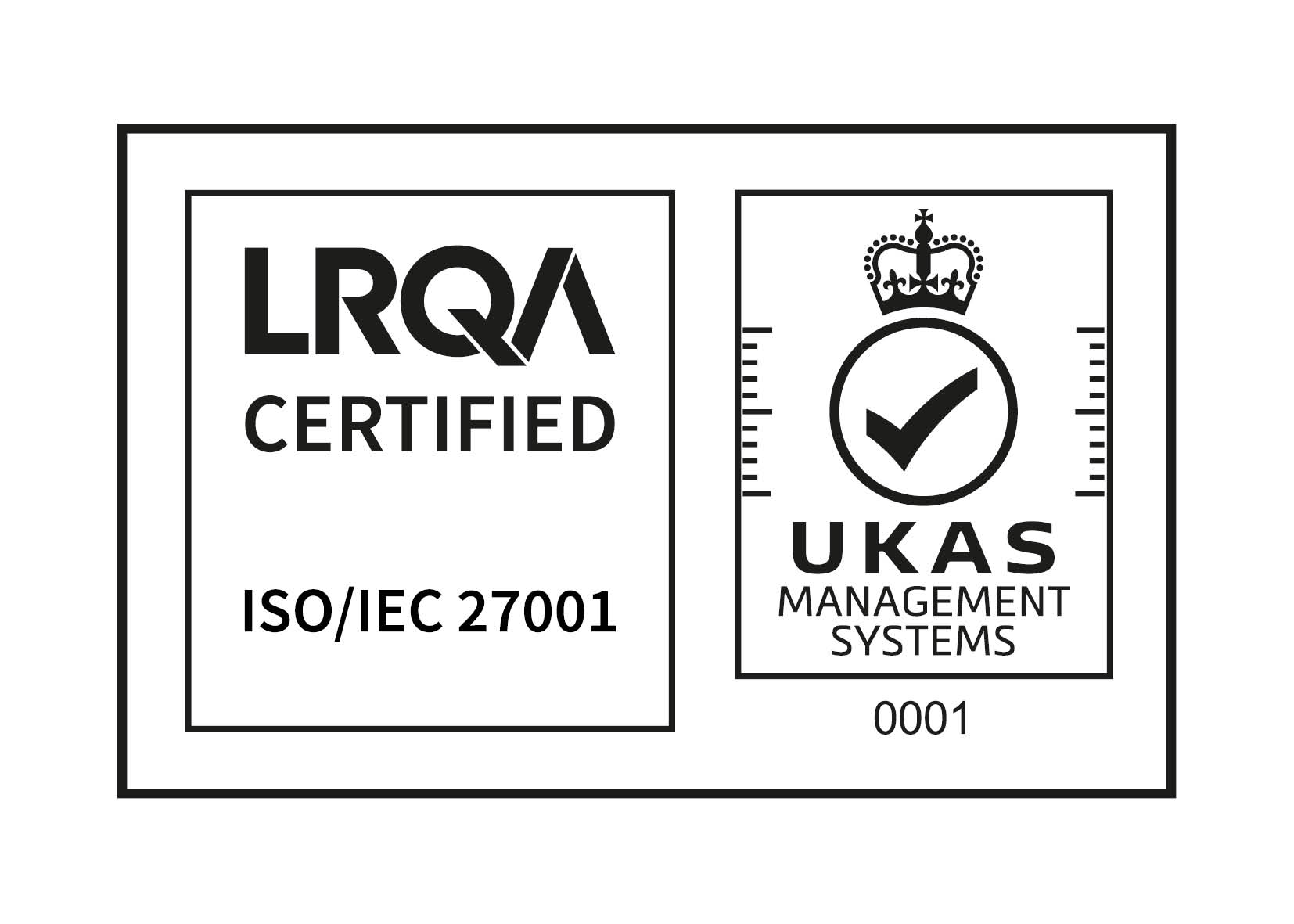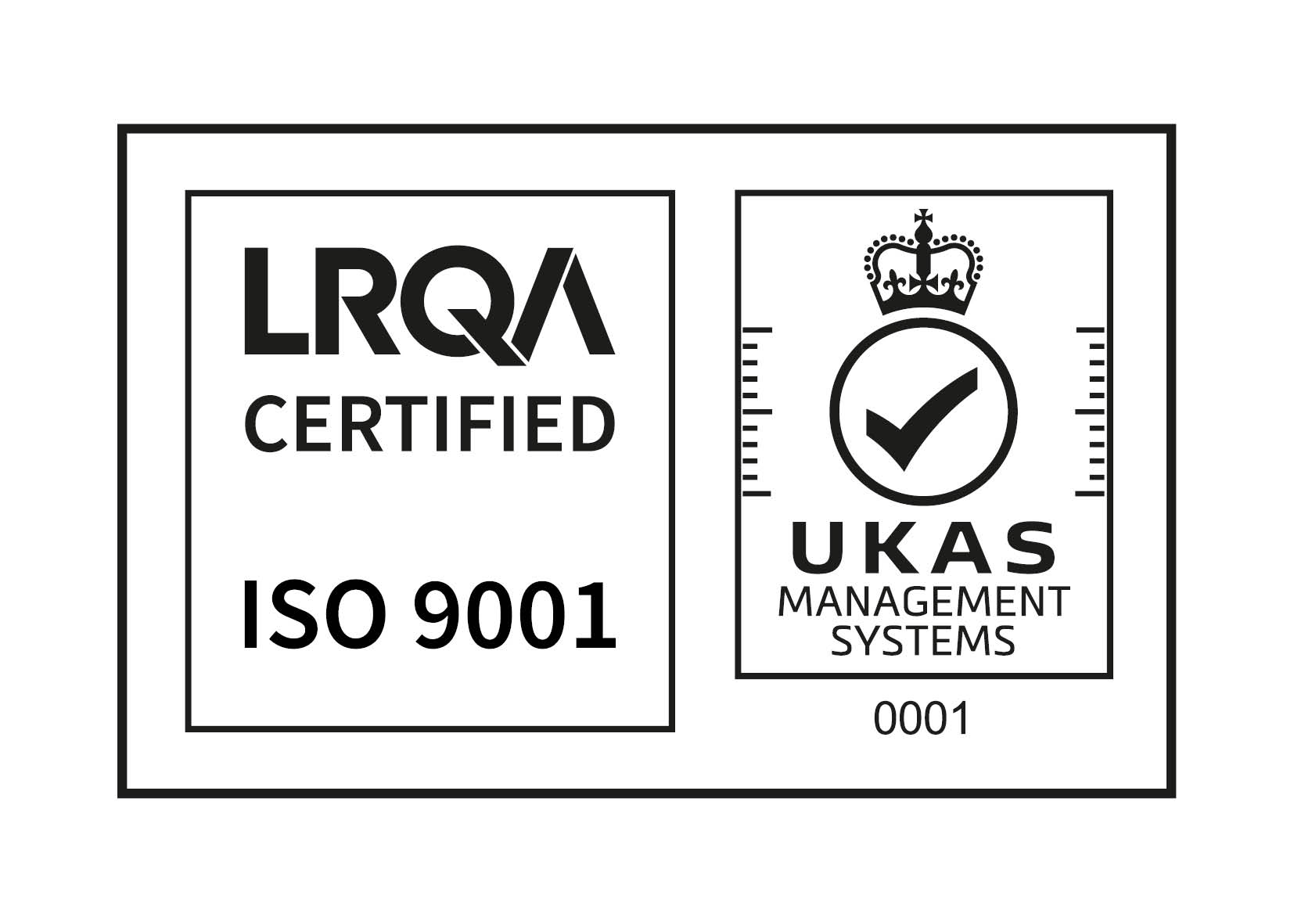Share this
Empowering frontline staff to better handle customer complaints
by Emma Laxton on June 7, 2024
Empower frontline staff to handle customer complaints with confidence and efficiency.
Challenges in Handling Customer Complaints
The closer to the frontline a complaint is resolved, the lower the cost of handling that complaint will be, and the better the experience for your customer. However, many frontline staff lack confidence in handling complaints and, faced with other priorities, this can result in them escalating issues to complaints handling teams prematurely, viewing it as the simplest option. This not only adds to cost but also delays the resolution process.
Key to encouraging more frontline resolution is complaint handling processes that frontline staff feel confident in. They need to feel confident in the redress options they are authorised to offer and that the agreed-upon actions to fix the customers' issues will be implemented.
So how can you ensure your frontline team understand and can implement your policies in a way that enhances customer experience?
Challenges in effective frontline resolution
Understanding the challenges in your own organisation is obviously the first step and for that you need visibility of what is happening at the frontline.
Some companies find that having multiple team members listen to a call and then discuss what they heard can result in multiple different interpretations. A solution for this is to deploy training for frontline staff in active listening, both in audio and written forms, to equip them to better understand the concern conveyed within a complaint and to identify the outcome the customer desires. This leads to a more cohesive understanding of individual complaints and their severity.
Apportioning redress based on the severity of the complaint can be another issue. If frontline staff have a redress limit, such as £100, many organisations find that this becomes the default redress, regardless of the impact on the customer. On the other hand, some find frontline staff treat the money like it's their own and are reluctant to compensate customers at all. This issue can be heightened when team leaders do not feel empowered to authorise redress. Some organisations provide their staff with redress matrixes which cover everything from minor to extreme complaints. Redress can be anything from an apology to the inclusion of out of pocket expenses.
How many complaints are escalated in your organisation that could have been resolved at frontline? What redress is typically offered by complaint type in your organisation? What gaps in training do your staff have? To understand this and more, you need data and to get the data you need to encourage staff across the organisation to log every complaint and outcome. It is a virtuous circle: log more, resolve more, learn more, improve more!

Encouraging frontline staff to take ownership of complaints
So how do you increase confidence amongst frontline staff in your process so that they are more willing to handle complaints?
Active listening training will help frontline workers to more effectively triage complaints, deciding which to tackle at first point of contact (FPOC) and which to escalate to complaints handling teams. Tools that support your frontline staff to do the right thing are also essential. The tools organisations use vary, but key elements include:
- An easy way to log every complaint.
- An easy way to escalate complaints without losing any of the supporting information.
- Templates to help them communicate with customers appropriately and quickly.
Logging complaints quickly
Using a webform that connects directly to a core complaints management system is simple and effective. Frontline staff can quickly fill the form in (making them more likely to do it!) using drop-down lists that allow them to select appropriate information about the complaint. Some forms support the automatic filling in of customer data or affected staff member data.
Escalating complaints
Webforms enable complaints to be submitted for reporting or escalated to the core complaints team at the click of a button, with supporting documentation attached.
Self-serve complaints portals are another option. A customer facing portal may bypass frontline resolution altogether, but some of our customers have implemented a portal where frontline staff can log and even manage complaints, with simple forms that guide users through the right steps. Crucially, if frontline staff are uncertain about anything, the portal provides an easy way to collaborate with the core complaint team for support or to hand over a case as needed.
Communication templates
For FPOC complaints, one strategy for effective communication with customers is to respond in kind to the customer's communication style. For example, if a customer uses short bullet points, the frontline worker can respond in short bullet points as well. This not only improves understanding but also enhances the customer experience.
However, you also want to ensure that communications are consistent no matter who the complainant contacts, and that they are compliant with your policies. For this, letter and email templates are essential. These should support auto-population of complaint details to save time, and personalisation where appropriate, for example to enable customer friendly style adaptations as above.
It can also be beneficial to provide feedback on what the company has changed as a result of a complaint. This proactive approach shows customers that their feedback is valued and can lead to improved customer satisfaction.
Integrating Goals into Key Performance Indicators (KPIs)
Finally, some companies have introduced complaint handling Key Performance Indicators (KPI's) in their frontline team targets to evaluate and compare performance.
Complaints handling may only be a small part of frontline workers day-to-day responsibilities, therefore, it may be important to ensure they are motivated to see this area as an important part of their role.
For example, you could target frontline staff with a window of one to three days to address complaints at the first point of contact before escalating them to the complaints handling team. If you are in a regulated industry like Financial Services, these targets are set in the industry complaint handling code.
However, when assessing FPOC performance, it's clearly important to consider the complexity of the product and/or service involved. A complaint about a mortgage differs from one about the wrong size of a dress!
Implementing your strategy to facilitate frontline resolution
In conclusion, by providing appropriate training, the right tools, and integrating goals into KPIs, organisations can empower their frontline workers to take ownership of complaints and resolve them at the first point of contact.
Please get in touch if you would like to discuss how Workpro can support your complaints handling process from complaint receipt to resolution.
Share this
- February 2026 (1)
- December 2025 (2)
- November 2025 (1)
- October 2025 (2)
- September 2025 (1)
- August 2025 (3)
- July 2025 (2)
- May 2025 (2)
- April 2025 (3)
- February 2025 (3)
- December 2024 (1)
- November 2024 (1)
- October 2024 (1)
- June 2024 (1)
- May 2024 (2)
- April 2024 (2)
- March 2024 (1)
- February 2024 (1)
- January 2024 (1)
- December 2023 (1)
- November 2023 (2)
- October 2023 (1)
- August 2023 (2)
- July 2023 (2)
- June 2023 (2)
- May 2023 (1)
- April 2023 (3)
- February 2023 (3)
- December 2022 (2)
- October 2022 (1)
- September 2022 (3)
- August 2022 (2)
- July 2022 (2)
- June 2022 (1)
- March 2022 (2)
- February 2022 (1)
- January 2022 (1)
- December 2021 (1)
- October 2021 (1)
- June 2021 (2)
- May 2021 (1)
- February 2021 (2)
- October 2020 (1)
- September 2020 (1)
- August 2020 (1)
- July 2020 (1)
- June 2020 (3)
- April 2020 (1)
- October 2019 (2)
- September 2019 (2)
- May 2019 (1)
- March 2019 (1)
- November 2018 (1)
- July 2018 (1)
- November 2017 (1)
- September 2015 (1)








